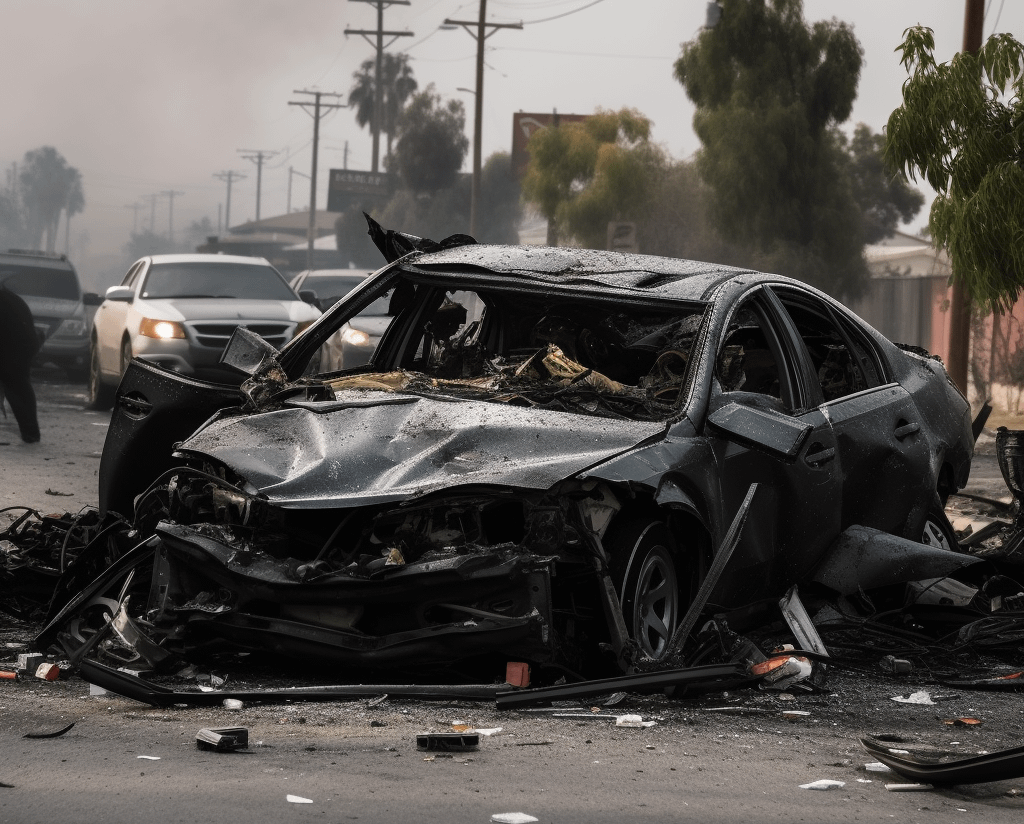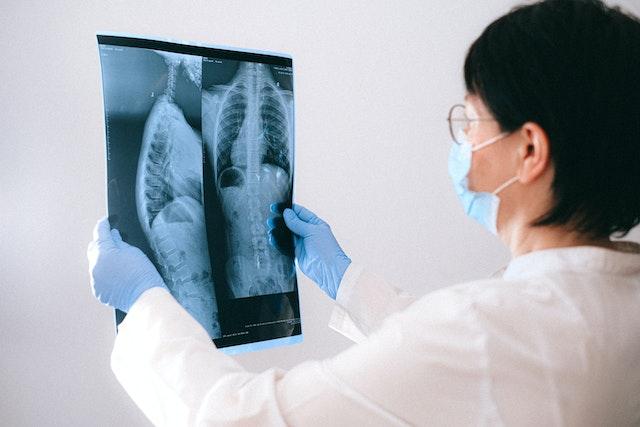Some states, including Massachusetts, require all licensed drivers to carry bodily injury auto insurance coverage to ensure anyone injured in accident due to the insured party’s actions can recover compensation for their losses. If you have questions about filing a bodily injury auto insurance claim after an accident, our team can help. Get the support you need to file an insurance claim after a crash by reaching out to CarAccident.Law today.
If you were injured in a car accident due to another driver’s actions or inaction, you might be able to file a claim on their bodily injury policy for reimbursement of your own medical costs and more.
Understanding Bodily Injury Auto Insurance Coverage
“Bodily injury to others” is a component of no-fault auto insurance. Many states, including Massachusetts, have implemented no-fault policies as part of state law. These kinds of insurance policies are geared toward reducing the number of claims in small claims court, as well as barriers to coverage. If you are in a car accident and someone else is injured, bodily injury insurance protects you from liability and pays for certain losses incurred by the other party as a result of the crash.
First- vs Third-Party Claims
When you are injured in an accident and no one is at fault, you can file a “first-party” claim through your own no-fault auto insurance to recover a portion of your losses. However, when someone is at fault for the accident, the injured person can file a “third-party” claim through the at-fault driver’s bodily injury coverage for losses which are not covered by their own no-fault policy.
Bodily injury insurance claims are considered “third-party” insurance claims because this policy covers injuries to parties other than the insured and their passengers.
Not every state requires drivers to carry bodily injury auto insurance. For instance, the State of Florida does not consider bodily injury auto insurance to be necessary for drivers, unless they drive a taxi or have been previously convicted of a DUI. However, in Massachusetts, it is compulsory for drivers to carry at least $20,000 in bodily injury to others coverage per person, or at least $40,000 per accident. Drivers can opt into higher coverage amounts.

What Does Bodily Injury Insurance Pay for after a Car Accident?
Bodily injury insurance pays for the following expenses incurred by someone other than the insured party and their passenger(s) in the event of an accident:
- Medical bills: These bills may be immediate and/or long-term for the injured party, depending on the severity of the accident. Immediate medical bills such as ambulance rides, hospitalization, and emergency care are all covered under bodily injury to others. This policy may also cover the cost of follow-up care such as return visits, radiology, and physical therapy up to the limits of the insured party’s coverage.
- Lost wages: After a serious accident, you may be unable to work due to your injuries. If another driver was at-fault, you can file a bodily injury auto insurance claim through their policy to recover any remaining lost wages which were not covered by your own no-fault insurance. Lost wage reimbursement is subject to different limitations based on the extent of your injuries as well as the coverage limits of the at-fault driver’s bodily injury policy.
- Funeral expenses: Costs associated with burial and other funeral expenses are covered in the event of a fatal crash.

Learn how to file a bodily injury auto insurance claim
STEP-BY-STEP GUIDE TO FILING AN AUTO INSURANCE CLAIM
Auto insurance is confusing, and filing a claim can be overwhelming in the aftermath of a car accident. Use this guide to better understand how to file a bodily injury auto insurance claim.
Proving Fault for a Bodily Injury Auto Insurance Claim
One of the crucial aspects of third-party insurance claims is fault. It is necessary to prove that the insured party caused or contributed to an accident in order to pursue compensation through their bodily injury policy. Fault is also referred to as liability or negligence.
Evidence that can be used to prove fault for a car accident includes:
- Photos and videos of the accident scene
- Surveillance footage of the collision
- Witness testimony
- Any admissions of guilt made by the at-fault driver
- The testimony of expert witnesses, such as accident reconstructionists
If you can establish the other driver’s liability for your accident related losses, you may qualify to file a bodily injury insurance claim. Of course, gathering evidence to support your claims can be difficult while also trying to recover from your injuries. Let CarAccident.Law assist you in proving fault on the part of the insured driver.

Can You Sue for More than Bodily Injury Insurance Covers?
Yes, it may be possible to sue for more than what someone’s bodily injury insurance covers. Even in a no-fault state, you may be able to file a lawsuit to recover more than just the costs associated with your medical care and lost wages.
Some states require you to reach a certain threshold of severity and incurred medical expenses before you can sue for damages which are not covered by your or the at-fault driver’s insurance. For example, Massachusetts requires you to have at least $2,000 in medical expenses and considers the loss of hearing or sight, permanent or substantial disfigurement, and broken bones to be severe enough to warrant civil litigation.
In the event that you are suffering from severe harm after a car accident, you may be able to file a civil claim for future damages, pain and suffering, and emotional harm. Costs associated with emotional or mental trauma are not generally covered by bodily injury insurance in Massachusetts but may be recouped through a separate lawsuit.

Get the Help You Need
STEP-BY-STEP GUIDE TO FILING A CAR ACCIDENT LAWSUIT
Here’s a guide we’ve put together to to help you better understand what goes into filing a civil lawsuit after a motor vehicle accident. CarAccident.Law can connect you with outstanding lawyers for assistance.
How to File a Claim on Someone Else’s Auto Insurance
It is important to always exchange insurance information after a crash. This practical step helps simplify the process of making a third-party claim. If you have been in an auto accident and need to make a claim on the other driver’s bodily injury insurance, you will need to get in touch with an agent from their insurance company – either online or over the phone – and submit the details of what happened, as well as any other relevant information. It can be useful to take notes or photographs immediately after the accident if you can do so safely.
You will likely be asked to provide the following information in order to make a claim on someone else’s insurance:
- Both your and the insured party’s names
- Your and the insured’s addresses
- The number of their insurance policy
- Both your and the insured party’s phone numbers
- The details of the accident
- Copies of your medical bills resulting from the accident
- Estimates of any other ensuing damage
Case Calculator
Evaluate your claim in as little as 30 seconds

Ask CarAccident.Law about Bodily Injury Auto Insurance Claims
When in doubt, get in touch. Our team of legal professionals can help ensure that you are maximizing your possible recovery, and minimizing your own liability, after a car accident. Bodily injury insurance is in place to protect other drivers. Let CarAccident.Law help ensure that you are pursuing the highest amount of compensation available to you.






